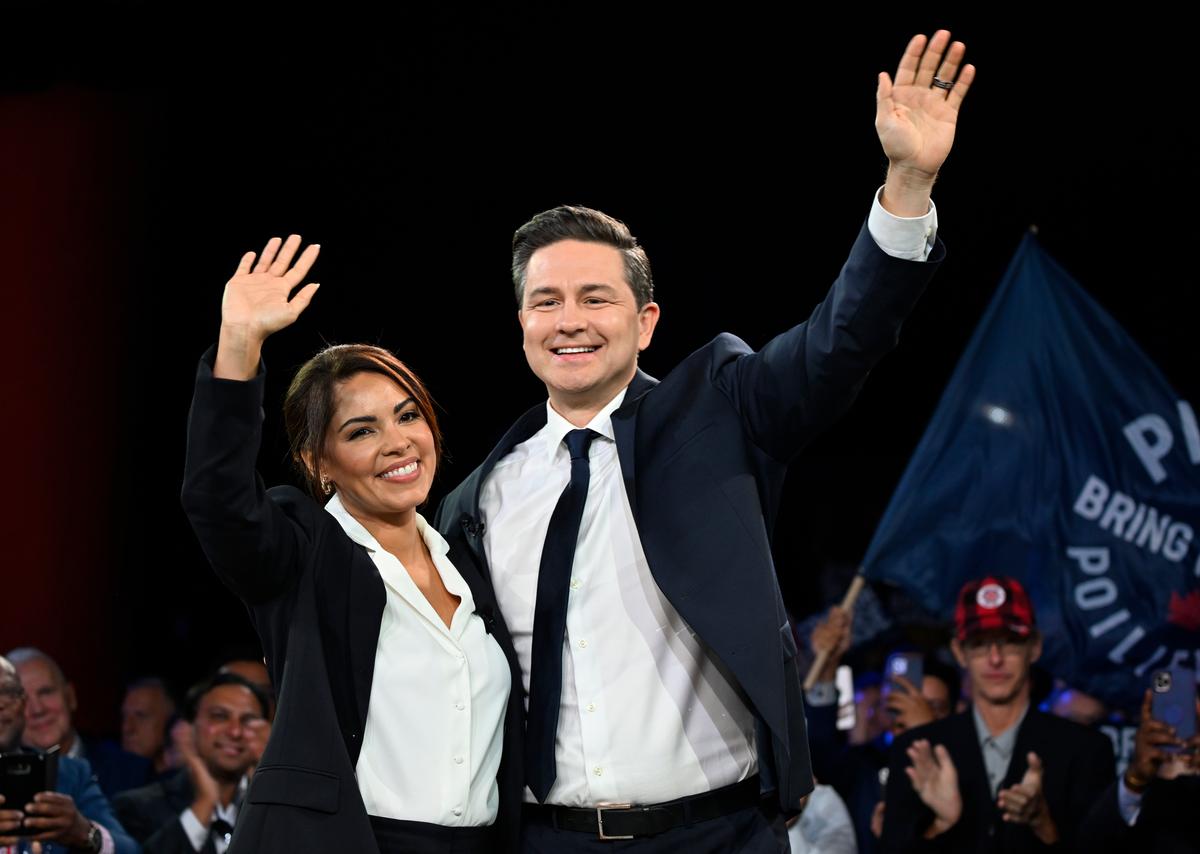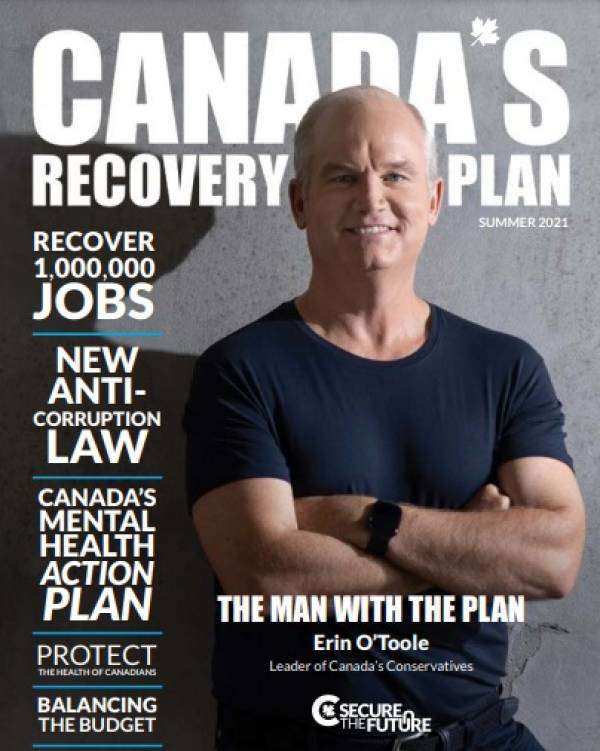What of any use do we really learn from leadership debates?
I just sat through the Ontario PC leadership faceoff in Ottawa.
After watching these things for years, you can predict many of the answers.
How will you balance the budget? What services will you cut? What taxes will you raise?
“I will cut waste.”
How will you improve health care?
“I will listen to the doctors and nurses.”
What will you do about sexual harassment at Queen’s Park?
“Sexual harassment is unacceptable.”
Yawn. Are we really going to believe that no one else has ever tried to cut waste? That other governments have never consulted with doctors and nurses about health care? That other governments have been in favour of sexual harassment?
Of course, you know why they do this. Being honest loses votes. You cite a specific tax you will raise, and everyone affected campaigns and votes against you. You say you will fire 100,000 civil servants, and all the civil service unions campaign against you. And on and on. Anything you say is going to rile a special interest group. Definitely, you do not say anything against doctors and nurses. That’s a lot of voters, with a lot of money to spend.
Or imagine even the best case. Imagine you enunciate a specific policy that defies all odds and proves to be widely popular. Given a little time before the election, the party running against you will simply steal it for their own platform once you’ve taken all the risks. No need for anyone to vote for you just because you thought of it first.
So, as I have said before, these things are not debates, and they are not about policy. They are beauty contests, in which we get to see how the candidates handle themselves and whether we would like then in our living rooms for the next four or five years. They are about tone.
On that basis, I think Doug Ford easily won the debate.
Paul Wells, in the
Post, thinks Christine Elliott won, on the grounds that she sounded responsible, and that the other candidates all attacked her. That suggests they all think she is the front-runner. As polls so far indeed show.
I think just running as responsible is pretty weak tea. In her summation speech, although it was her best moment, her case for herself was simply that she would be a better manager than Kathleen Wynne. She would go through the budget “line by line.” She knows how to do this sort of thing.
Problem: if the issue is responsible budgetary management, why vote for Elliott, a lawyer, instead of Doug Ford, a businessman? Ford offers the patina of business savvy, and he has a fairly well-known background of budget cutting at Toronto City Hall.
Elliott seems here to be looking past the leadership contest to the next election. I think that is fatal. It does not seem to me to be a pitch that works for Elliott in this field of candidates. Elliott rather accentuated her problem here herself when Doug Ford said, earlier in the debate, that he would go through the budget line by line, and Elliott actually responded “That’s not enough. You have to go through the budget line by line.”
Eh?
I don’t think ignoring what Ford said is going to impress voters. They heard him. She only comes across as an insincere political hack who will say anything. A charge Ford soon levelled against her.
Given that the average Tory in Ontario is mad as hell at Wynne and the Liberals, I do not think they are in the mood to support someone who, like Patrick Brown before her, promises to do things on the whole the same way the Liberals have, but do them better.
Plain vanilla, I think, is not the flavour of the month.
The candidate who was most forthcoming was, inevitably, Tanya Allen. So some people are saying she won the debate. She got cheers when she brought up the sex ed curriculum.
But this is not fair. She had it easy. She is not going to win anyway, she has nothing to lose, nobody is going to hold her to account for what she says two years from now, so she is free to be a fire-eater. She is not being brave; just doing what politics suggests. For my part, she came across as unreasonably uncharitable towards Patrick Brown. I wish one of the other candidates had responded to her at that point, “Whatever I might feel about Patrick Brown, this is not the time for that. I am not going to kick a man when he is down.”
I also wish at least one of the candidates had given the obvious and necessary response to the question, “Why don’t we save money by closing down the separate Catholic and French school boards?” The candidates all said no, they would save money in other ways—again, seemingly just a matter of not offending any identifiable constituency. But the proper response is: “I cannot. Nobody can, without seriously breaking faith. It is in the constitution, and has been since 1867. It is in large part the deal on which Canada was founded.” It was either dishonest or ignorant to say anything else.
Paul Wells does not seem to see it, but I think Caroline Mulroney lost badly in the debate. Early on, in an answer on green energy, she was only too obviously padding her answer with pure platitudes to fill out the time. It was a cringe-worthy moment. I think it was historically bad. She also unwisely attacked Doug Ford on internal party corruption, an issue on which she was herself vulnerable, and he was not. And got nailed for it, not by Ford, but worse, by a third party, Allen. She was also the only candidate audibly booed by the audience. Maybe that is to her credit: she took a clear stand on an issue. It just was not the conservative stand.
I was surprised at the political skill and poise Doug Ford demonstrated. I had always thought it was his brother who had the political talent, whatever his other failings, and that Doug was just a wooden replica. But no, he has real talent himself.
Yeah, he said very little of substance, but that was a given. But he was good at telling stories. He was good at summing things up as slogans. He showed himself, in sum, to be a fine communicator.
He came across—no mean skill—as both likeable and no-nonsense. And at the same time, he did not sound like a loose cannon. He sounded managerial.
Given that all we really accomplish with such debates is tone, it was Ford who pulled off the best tone.





















